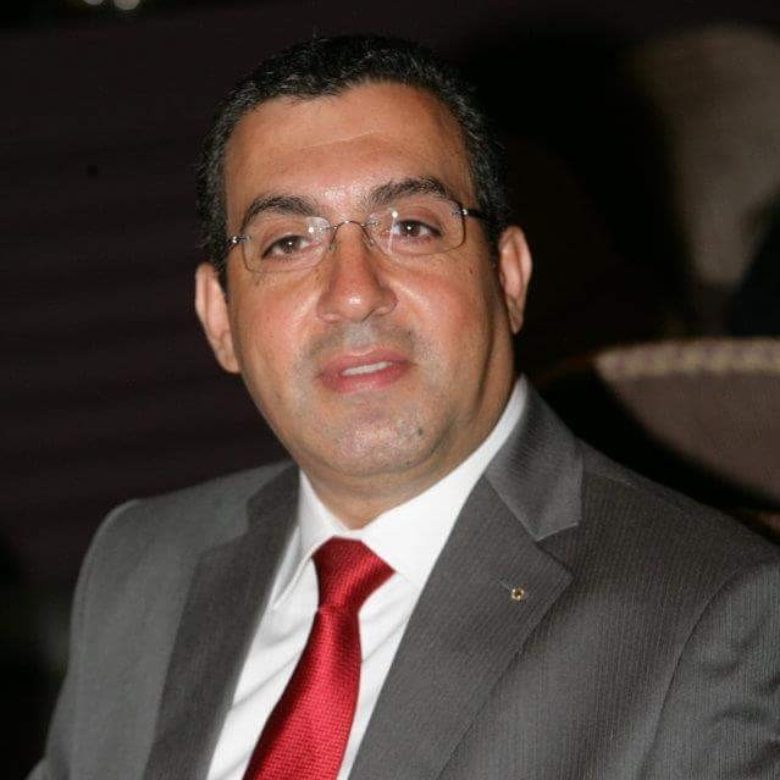Get The Best Financial Solutions
We are experts in our fields. In auditing endeavors since 1994, we are trained and experienced in managing, auditing, leading and training, and we have more than 25 years of successful business experience. Our clients include Constructions companies, Restaurants, large corporations and small businesses.
We conduct our audits to establish a quality report on time with the available resources of conceptualizing, planning, organizing, staffing, controlling and communicating. By combining the skills of project management, time management, research, analysis and report writing to produce a coherent and effective service.

Integrity
Objectivity

Confidentiality
Competency
Our Team Work & Vision
- We will maintain our corporate culture and a strict set of internal regulations in order to uphold independence and a degree of ethics worthy of top professionals. Through these efforts we hope to be recognized as the most diligent firm in the industry.
- Our staff is our power. They are highly knowledgeable, capable in their position, and able to provide international standards of service to clients.
- As an auditing firm we will apply international best practices to governance and all areas of our operations, and will maintain transparency throughout.
- Commitment: we carry out what we promise at the right time.
- We innovate and upgrade our procedures to keep up to date with developments.
I. Understand
II. Recognize
III. Plan
IV. Execute
V. Control
VI. Close
Mission Statement
- We deeply believe in the importance of our profession. Honesty and integrity govern all of our actions.
- We work in teams to offer new perspectives, challenge assumptions, and present solutions to our clients.
- We Commit to our Clients work.
- We deliver our service with consummate professionalism. We maintain the highest level of integrity and independence so that you can rely on our advice. Our professionals remain up-to-date on technical and regulatory issues to guide you safely through compliance.
- We offer solutions to our clients at every opportunity. Our team-based approach brings together professionals to provide you with a full range of technical expertise, experience and specialized industry knowledge. We meet regularly with you to explore ways to deliver greater value.
- We believe success is a product of care. We take the time to learn about your business and provide the responsiveness, attention to detail and personalized care that help you achieve your objectives.
- Value
- Independence
- Insight
- CPAs since 1994 (for over 15 years)
- Commitment
- Specialization
- Expertise
- Professionalism
Advisory
Audit
Taxation
Satisfied Client Stories
Meet Our Experts
View AllH.A.F. has extensive experience across all industries. We bring each client a combination of deep industry knowledge and expert perspectives from other industries on the challenge at stake, to offer our clients fresh perspectives and breakthrough business insights.
-
Hatem R. Hatem
- President & CEOKettaneh Street, St. Georges Bldg.
Block A, 3rd Floor+(961) 71 279 777E-Mail -
Joumana Daaboul
- Vice PresidentKettaneh Street, St. Georges Bldg.
Block A, 3rd Floor+(961) 71 279 777E-Mail -
Rachid H. Hatem
- Internal Audit ManagerKettaneh Street, St. Georges Bldg.
Block A, 3rd Floor+(961) 70 420 700E-Mail
FAQ’s
Prior to 1500 AD, nearly all accounting was concerned with accounting for the activities of government and the only form of auditing was the keeping of separate records by two different scribes. The objective of maintaining such records was primarily to detect fraud.
The industrial revolution (1750-1850) was the catalyst of a great period of economic growth in Great Britain, one feature of which was the passing of management from owners to professional managers. This led, in the period 1850 to 1905, to an increased demand for auditors who were independent of management and who were engaged to detect not only clerical errors, but also management fraud.
It was during this time that the concept of ‘testing’ evolved. That is, auditors selected “a few haphazard cases” where it was not economically feasible to physically examine all transactions that took place.
During the period 1933-1940, there was an acceptance by auditors of somewhat ‘softer’ audit objectives and the wording of the standard auditor’s report on the financial statements reflected this change.
During the period 1960-1980, an assessment of the reliability of internal control became the accepted method of determining the nature, timing and extent of many audit procedures. This led to the extensive use of what was called ‘systems-based auditing’.
Although the objectives of an audit have remained unchanged since about 1940, pressure from the public to widen audit objectives to embrace, for example, the detection of fraud, continues.
The practice of Accounting has been around for many thousands of years and much of what we know of ancient civilizations are gleaned from their accounting records.
Most of the formal modern day accounting started at the end of the Crusades. As trade dramatically increased between Europe and Middle East, businesses grew to beyond what a single owner could manage. This brought about the need for written records so that business owners could keep track of their transactions and ensure that there agents performed profitably.
The double entry system was first used in Genoa, Italy around the 13th century and was further polished in Venice. Luca Pacioli wrote about the “Method of Venice” in his 1494 book, The Summa and this caused him to be called “the father of accounting” although all he really did was publish the method of Venice. This method called for three books to be used when recording transactions; a memorandum book, a journal and a ledger. Entries where posted from the memorandum book to the journal with debits on the left and credits on the right. A trial balance was required at the end of a financial period.
The word Debit comes from the Latin word “debita” (Italian “debito”) which means owed to the proprietor.
The word Credit comes from the Latin word “credo” (Italian “credito”) which means owed by the proprietor.
With the Industrial revolution businesses expanded to great size, both in terms of sales, purchases and staff. These larger business required capital and capital required investors who in turn required proper reporting of funds. They were also subject to increased government regulation and taxation.
Accounting kept on advancing to the present day and involves the standardization of reporting and the development of international accounting standards.
Back to a fundamental question, what is the difference between accounting and auditing from a financial perspective?
A quick answer is: Accounting is a process of preparing the works, Auditing is a process of evaluating & scrutinizing of the work prepared.
In other words, accountants are in charge of the day-to-day duties of maintaining the accounts, implementing the board financial strategy, if any. At the end of the period, an accountant would produce Financial Statement, a summary report of the financial performance throughout the period. Whereas, an auditor would conduct a check on the accuracy of the financial statements, to ensure that there is no material misstatement of the financial statements prepared.
Free Case Evaluation
If you would like to speak with someone directly
Call Us Now

+(961) 71 279 777





